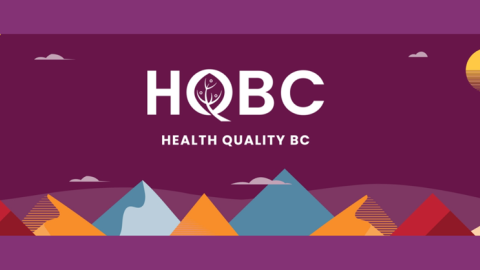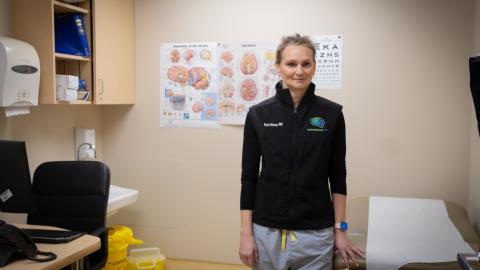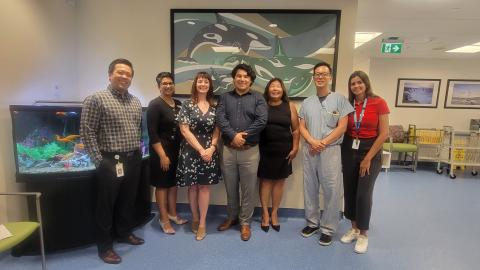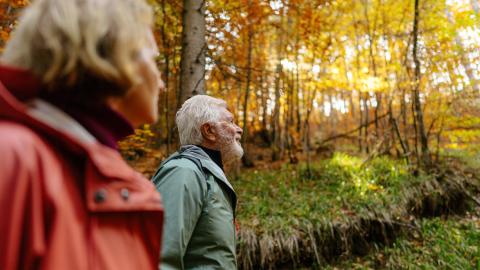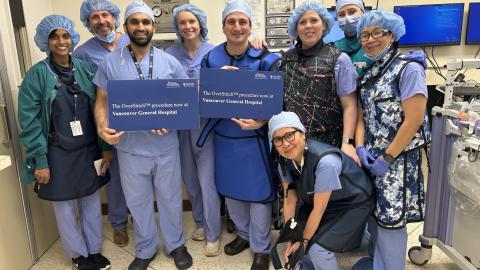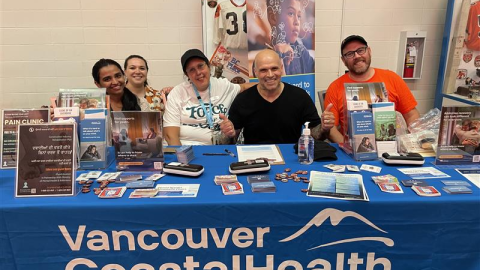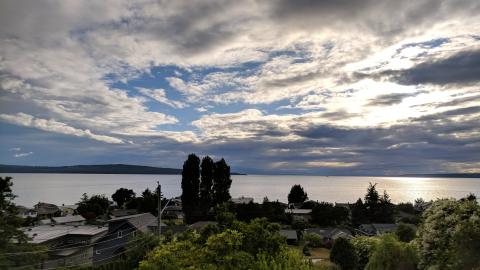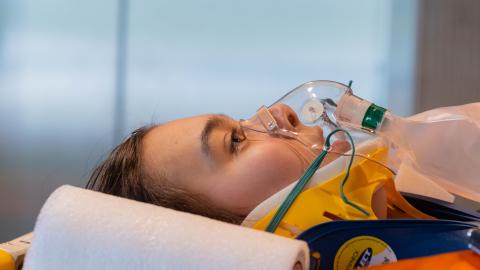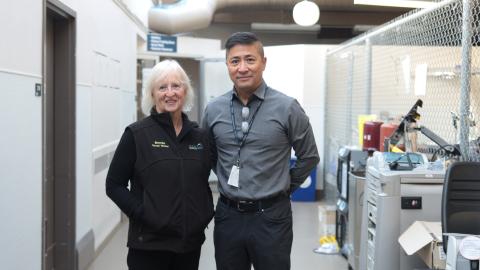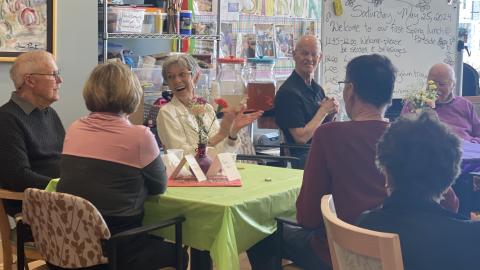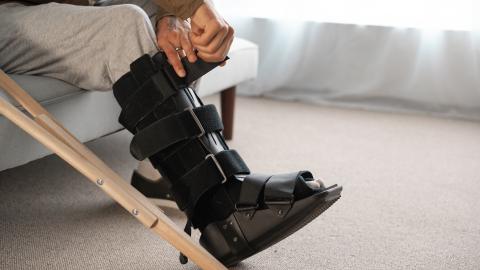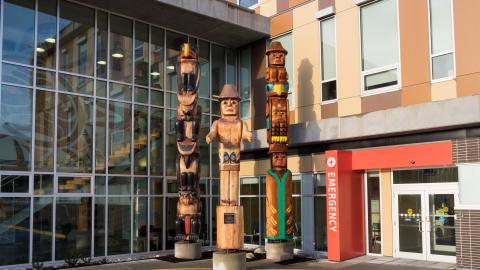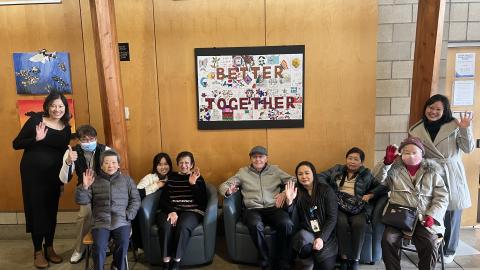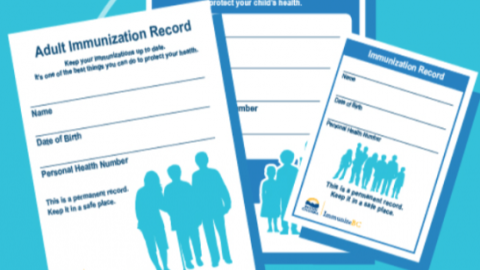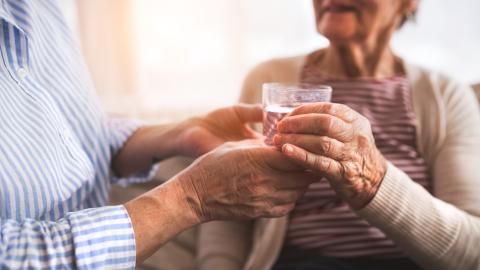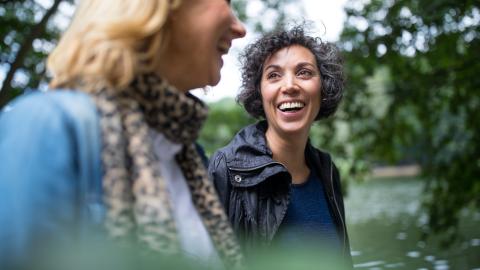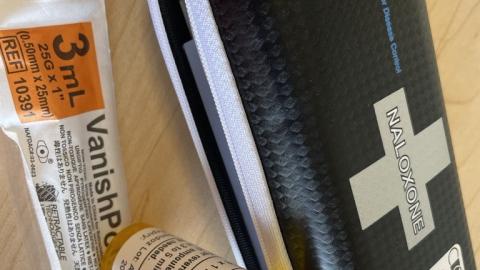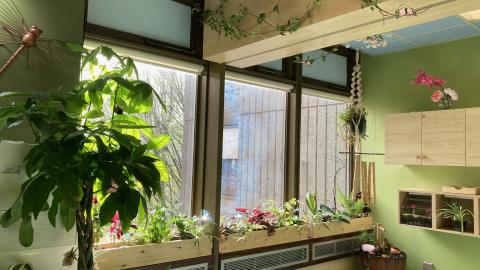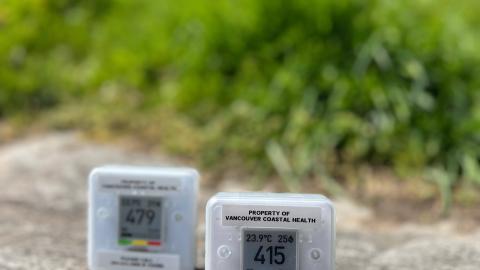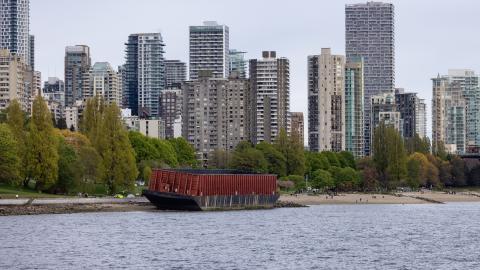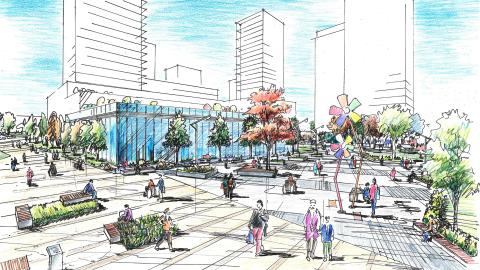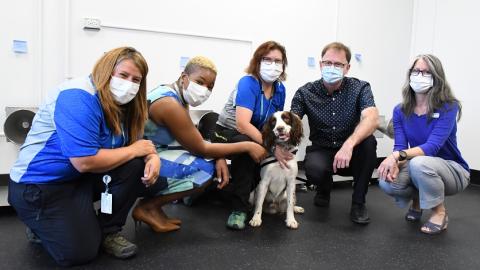Information bulletin
Downtown Eastside to receive new programs and services as part of Second Generation Strategy
Vancouver, BC – After almost three years of consultation and planning, Vancouver Coastal Health (VCH) is moving ahead with the first changes to Downtown Eastside health services as part of its Second Generation Strategy.
“Change is never easy, but we know it’s desperately needed in the Downtown Eastside,” says Health Minister Terry Lake. “Many residents increasingly struggle with chronic conditions and changing addiction issues, but a lack of integration between health services creates barriers to accessing treatment. I applaud Vancouver Coastal Health for making the changes needed to improve patient care in this neighbourhood.”
In February 2015, 20 high-level actions to improve health outcomes were identified in the Downtown Eastside (DTES) Second Generation Strategy Design Paper. After extensive consultation with agencies, clients, clinicians, government and community partners, VCH is moving forward with the following initiatives this fall:
- A new mental health and addiction drop-in model with stronger connections to health services;
- A new low-threshold addictions service that removes obstacles to treatment and provides untreated people with a range of medical addiction therapies;
- A new peer navigation program that employs people with lived experience to help others access services and supports;
- New hours for Insite that will provide better access in the morning, when demand for supervised injection services are highest;
- Shelter pilot to improve transitions from acute care.
“This is just the beginning of a long-term strategy for change in the Downtown Eastside that will evolve over time,” says Dr. Patricia Daly, VCH’s chief medical health officer. “We know not everyone will agree with the changes being made, but as health care providers we know that services in the Downtown Eastside can be improved—and it’s our responsibility to ensure that people in this area receive the type of care that will improve population health.”
VCH’s $55 million funding envelope for DTES programs and services will remain unchanged, meaning new programs and services will be funded by reallocating existing resources. As such, VCH contracts without a clear health mandate or those offering stand-alone services without formal connections to health care services may not be renewed. VCH will look for qualified partner agencies to provide some of the new services through an open Request for Proposal process; it is expected that new services will commence in 2016.
In 2012, VCH initiated a five-year process to address changing health needs in the DTES involving VCH leaders and staff, agency partners and community-based service providers, as well as clients and residents living in the area. The health and well-being of people in the DTES have improved dramatically over the past 15 years; people are living longer, and HIV and Hepatitis C rates have declined. However, as life expectancy has increased, new health concerns are emerging, such as people living with multiple chronic diseases, acute mental illness and addiction challenges.
“These new services will expand treatment options and provide better access to care for those who have significant untreated health issues,” says Dr. Julio Montaner, director of the B.C. Centre for Excellence in HIV/AIDS. “This will result in improved quality of life and health outcomes for people living in the Downtown Eastside.”
Vancouver city councilor Dr. Kerry Jang, who is also a professor of psychiatry at the University of British Columbia, adds, “These improvements are long overdue and will ensure that resources are used more effectively in the Downtown Eastside. There is strong support throughout the community to move forward and address the priorities identified by the Downtown Eastside Second Generation Strategy consultation and planning process.”
For more information about the Downtown Eastside Second Generation Strategy, visit www.dtes.vch.ca and read this backgrounder (PDF).
VCH is responsible for the delivery of $3.4 billion in community, hospital and residential care to more than one million people in communities including Richmond, Vancouver, the North Shore, Sunshine Coast, Sea to Sky corridor, Powell River, Bella Bella and Bella Coola.
FOR MEDIA ENQUIRIES:
Viola Kaminski
Public Affairs Officer
Vancouver Coastal Health
Phone: 604-708-5338
Cell: 604-312-1148
Email: viola.kaminski@vch.ca













